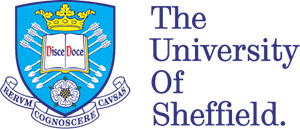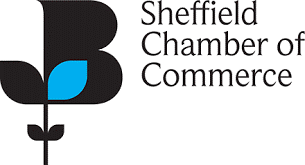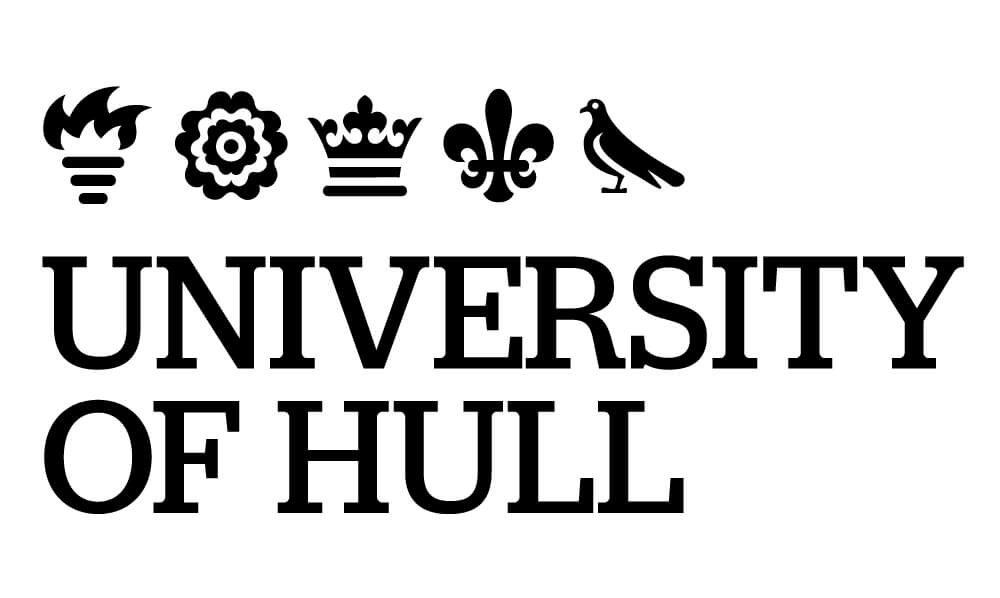Learning Matters #16 Rehearsal and Retrieval Practice
What is Retrieval Practice?
Learning is a change in your long term memory. Every time you retrieve a memory, it becomes deeper, stronger and easier to access in future.
Retrieval practice helps you remember and apply knowledge to new situations. Regularly recalling your knowledge helps your long term retention of knowledge. The more you recall your prior knowledge, the more likely it is to shift into your long term memory. Below are some strategies you can use to help you retrieve knowledge and crucially, remember it!
Strategies for Retrieval
1.Blurting
You blurt out all the information you know about a topic from memory on to the page. It’s also known as mental mind mapping and tests your knowledge this way. Once you have done this, compare your blurt with your notes and identify what you have missed. Then repeat and repeat until you can blurt it all out accurately.
2.Create rhymes
Think about how easy it is to remember songs from primary school, or lyrics from songs on the radio. If you can create a rhyme or song about what you need to know, you can rehearse the song. This can really help make knowledge stick.
3.Mnemonics
Mnemonics are memory devices to help you recall larger pieces of information, especially in the form of lists like characteristics, steps, stages, parts, etc. Each key term is represented by a letter. The letters together form another word which you can use as a hook to remember all the key terms. Mnemonics Revision Skills - YouTube
4.Recite or chant it out
Repeat key words, phrases or formulas over and over again. The more you say it, the fluent and familiar it becomes, and the more likely you are to recall it.
5.Condense it down
At the end revising a topic, streamline your learning into only a handful of points (5 things you know about X using only a small number of words). Keep reviewing your five things and identify how much you can recall about each one with only the single word
6.Tell the story
Lots of knowledge forms a narrative structure – a series of events, a process, cause and effect. So, the retrieval practice can be formed as ‘telling the story’ to someone else who can play the role of verifier. Any explanation can then be improved and rehearsed. You can get better at telling a story in more detail.
Learning matters. It’s why we are here. Talk to any member of staff about your learning.







